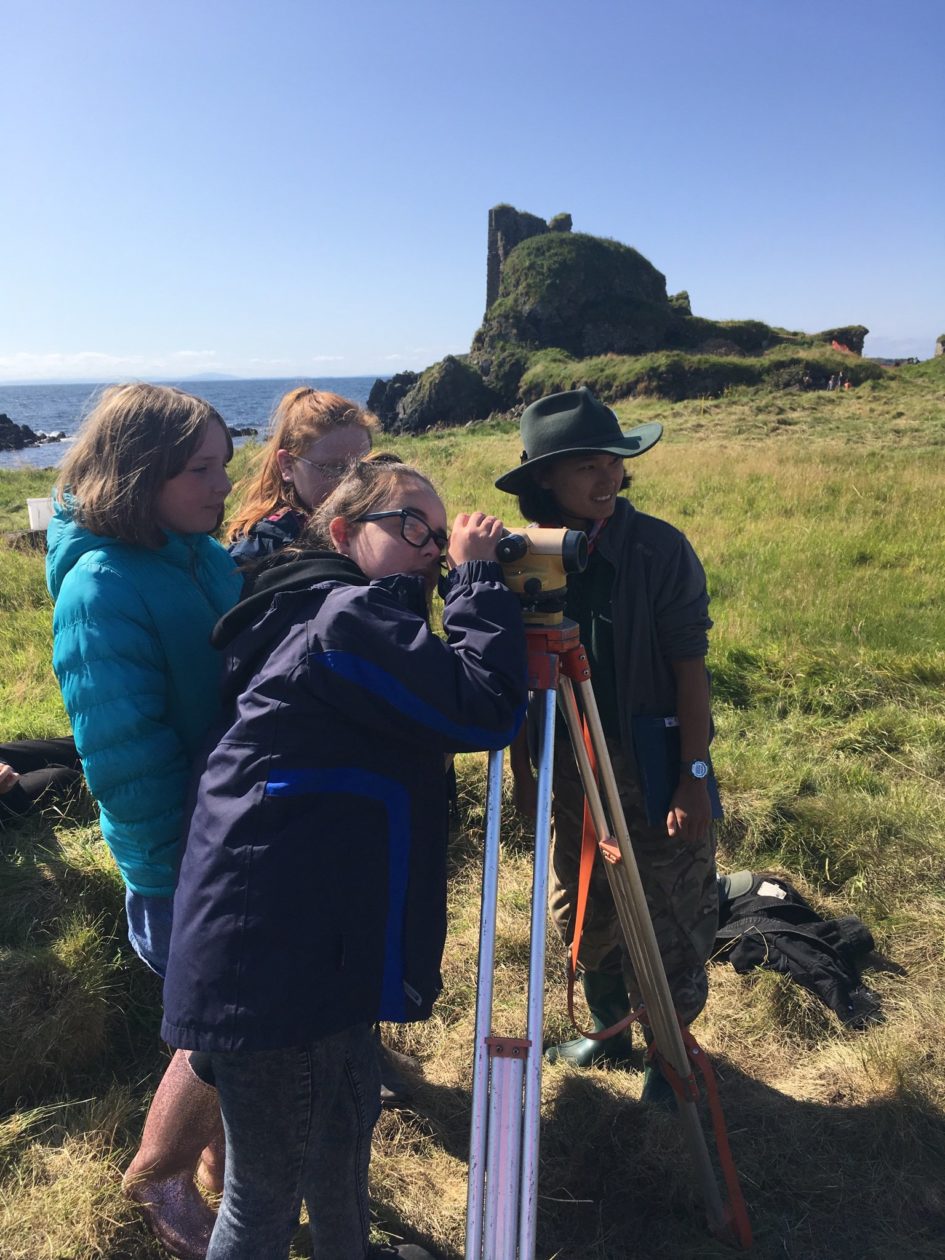Primary 3 and 4 Code Outdside
Primary 3,4 and 5 worked took the spheros outside and coded them to play tag, bowling and to follow obstacle courses. The children had to ensure that their algorithms were precise and this involved some trial and error and some good team work.


Primary 6 and 7 Game Design
Primary 6/7 worked hard to code their own games using Kodu, they applied their tinkering skills when working out how to create different levels within a game and how to code different aspects of their games.

Primary 1 and 2 Digital Leaders
Primary 1 and 2 support the boys and girls in nursery to use some new apps on the ipad. Once a week, P1 and 2 visited the ELC and showed their buddies how to use various apps, they introduced fun apps such as Picollage, Duck Duck Moose Maths and Chatterpix. This was a great way for the boys and girls to develop their digital literacy skills in addition to supporting the transition from ELC to P1 and 2.


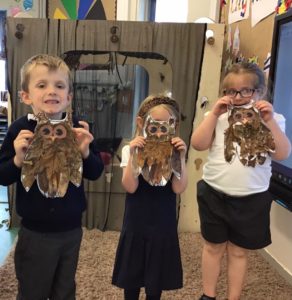

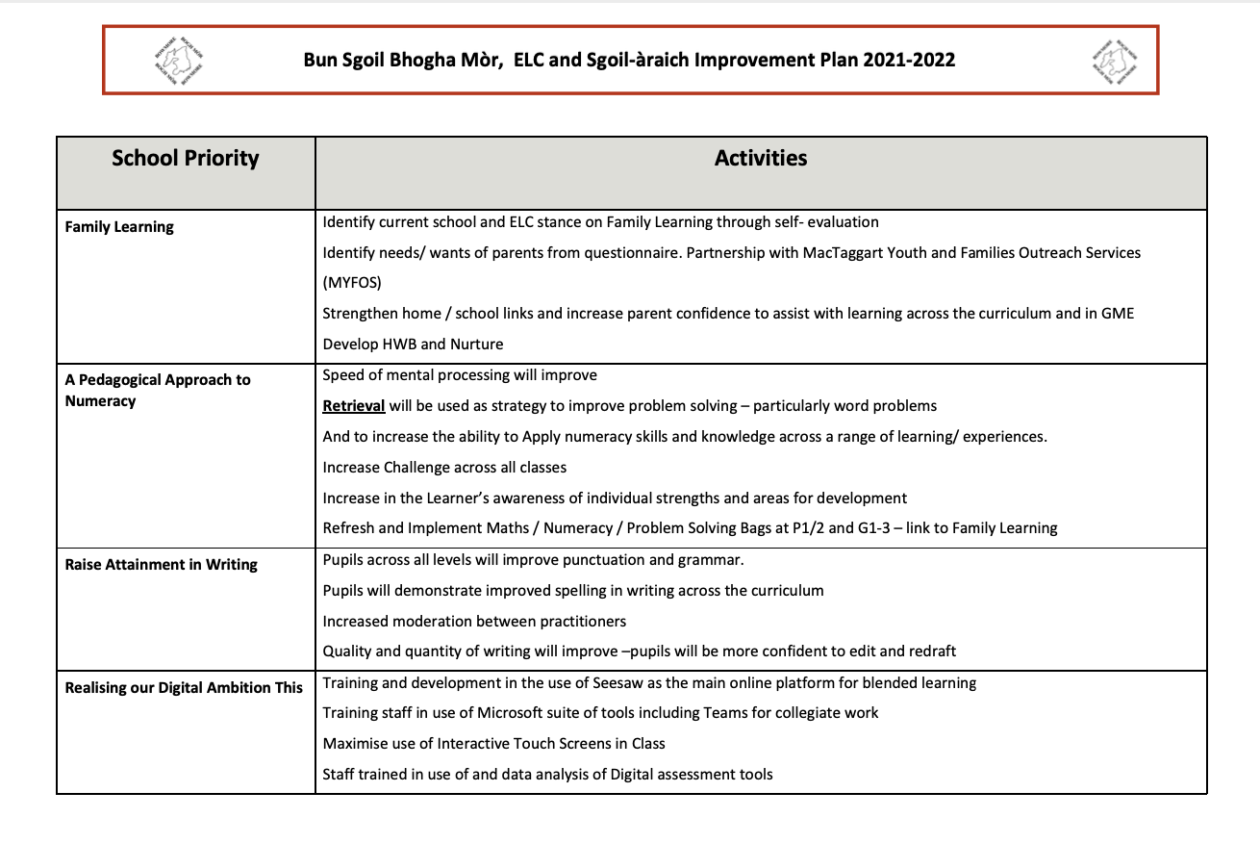
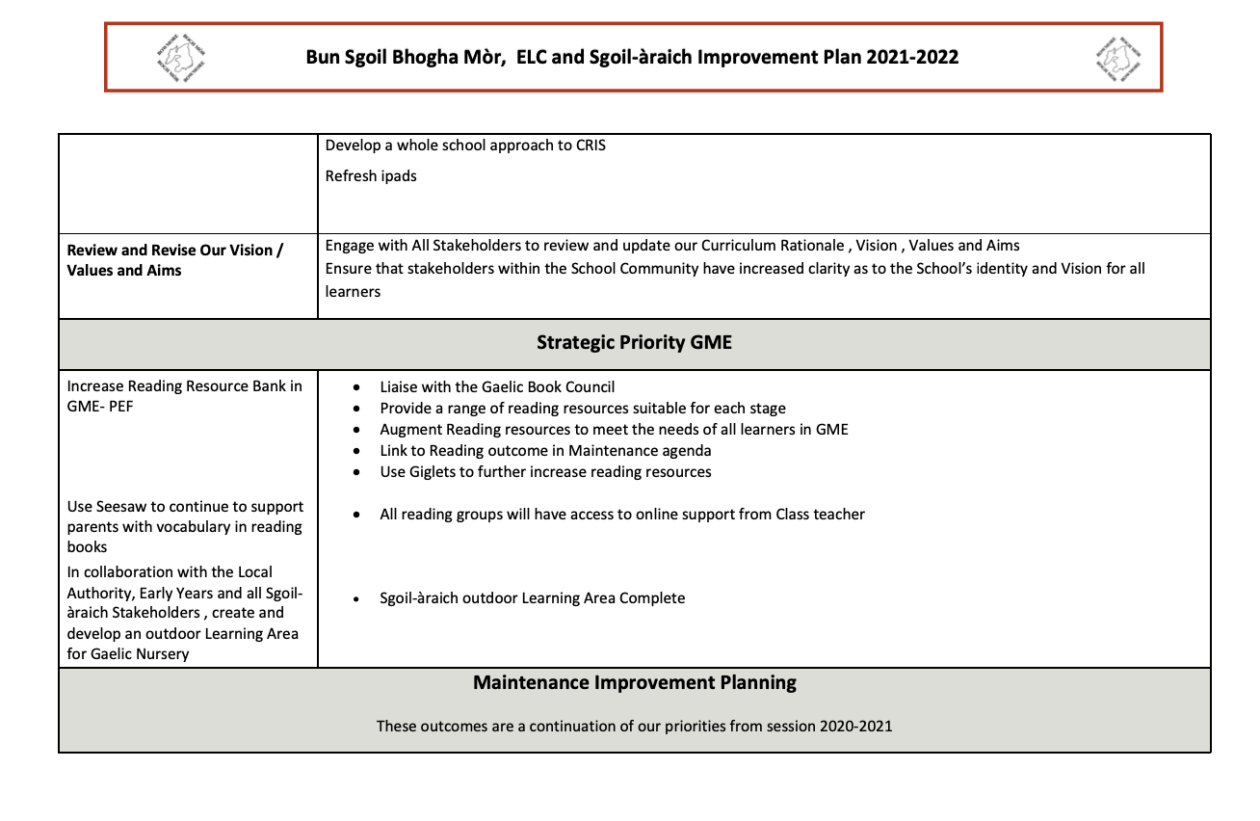
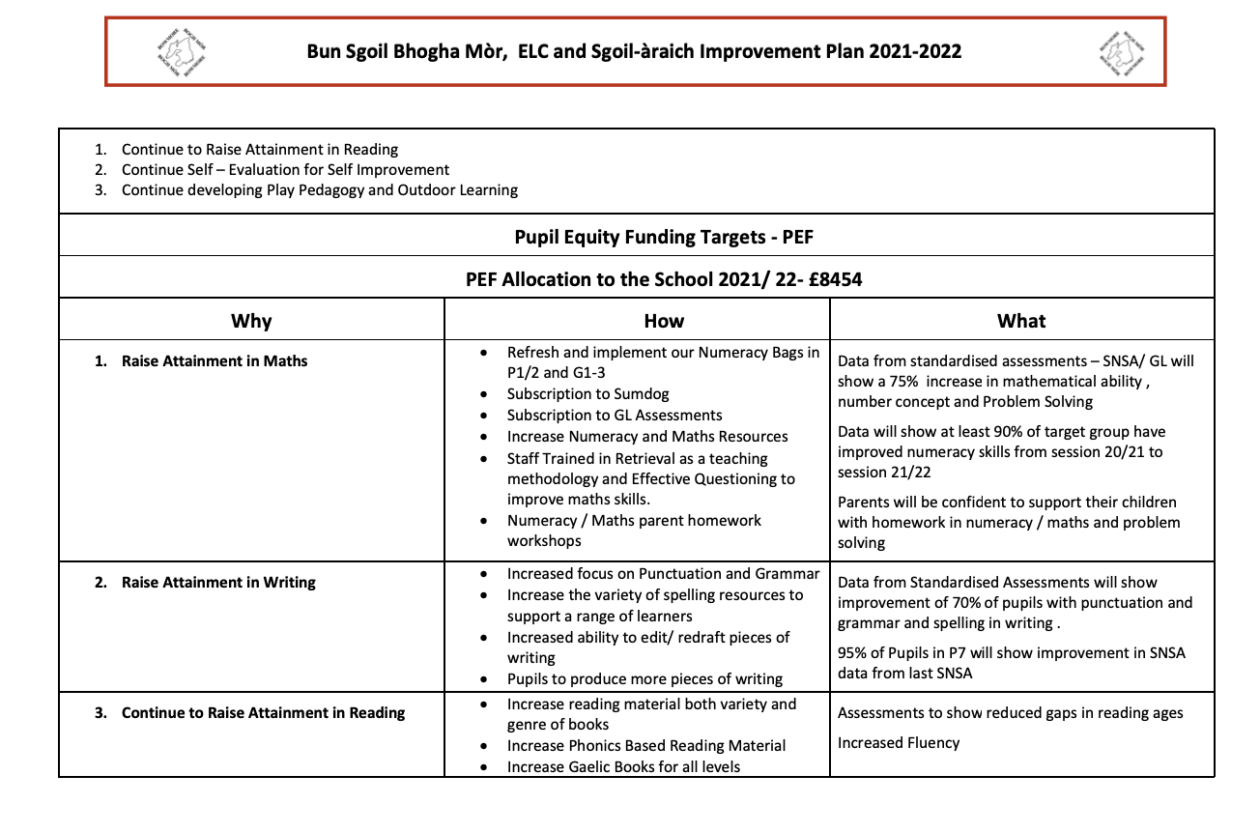
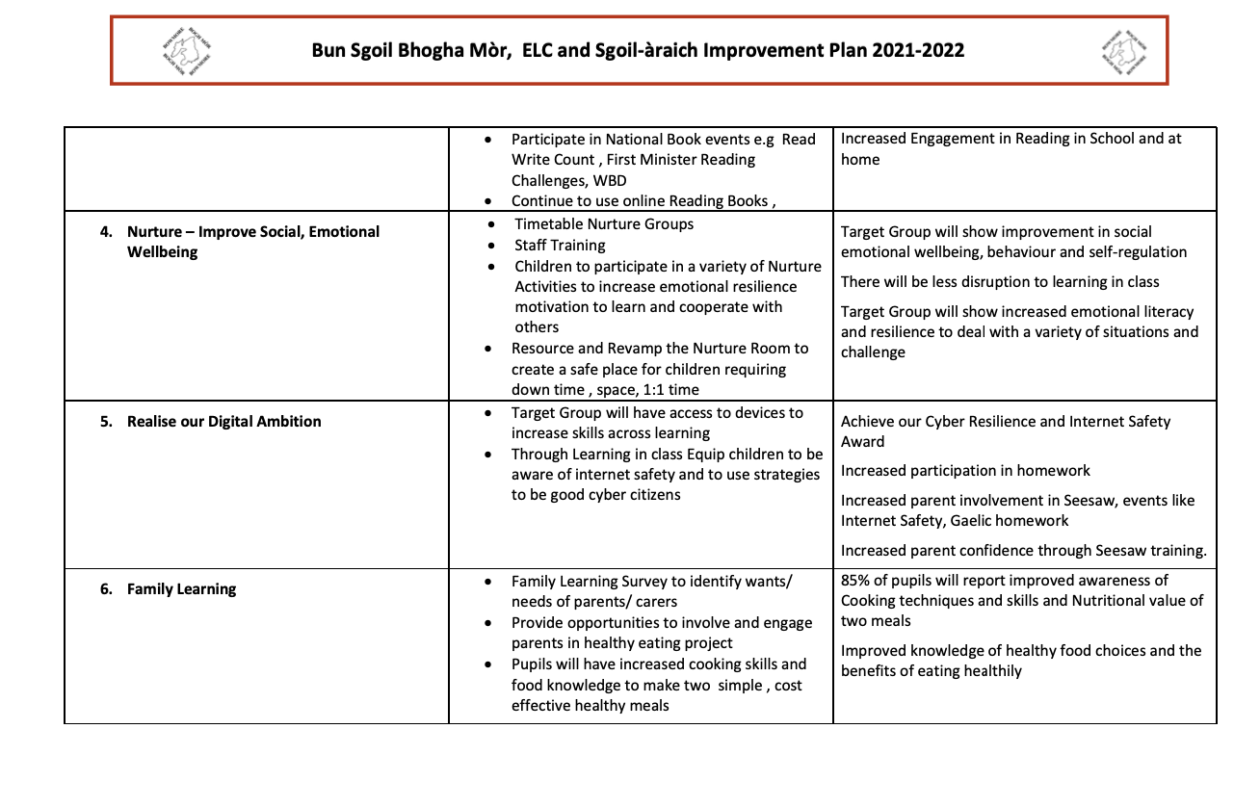
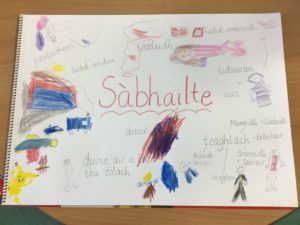




































 Congratulations to Lola Mackenzie who was awarded the first level prize for the oot an’ aboot category in the Inside Competition. When out on a bear hunt, Lola noted that the grass was so tall, it was taller than her!
Congratulations to Lola Mackenzie who was awarded the first level prize for the oot an’ aboot category in the Inside Competition. When out on a bear hunt, Lola noted that the grass was so tall, it was taller than her!




